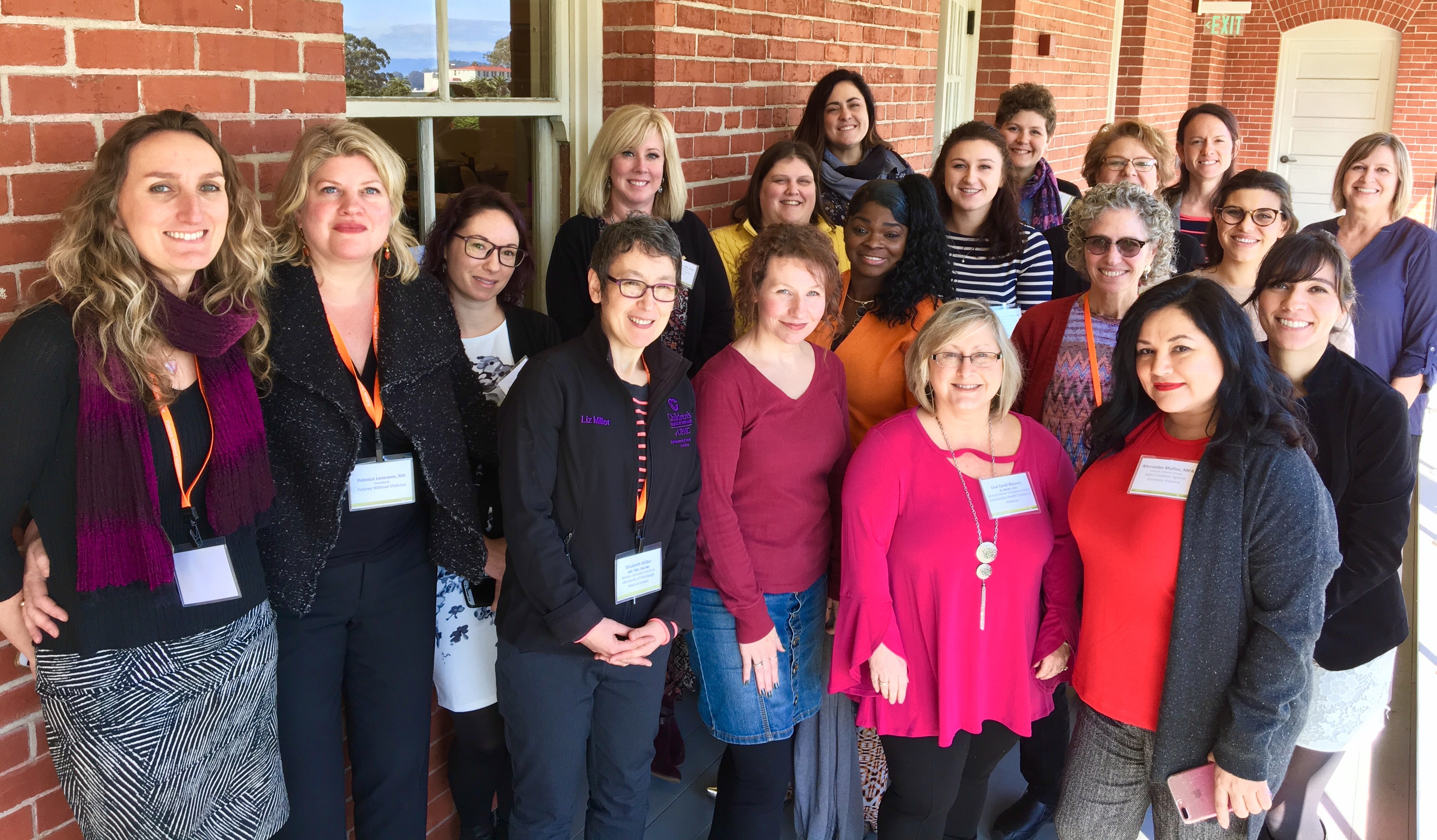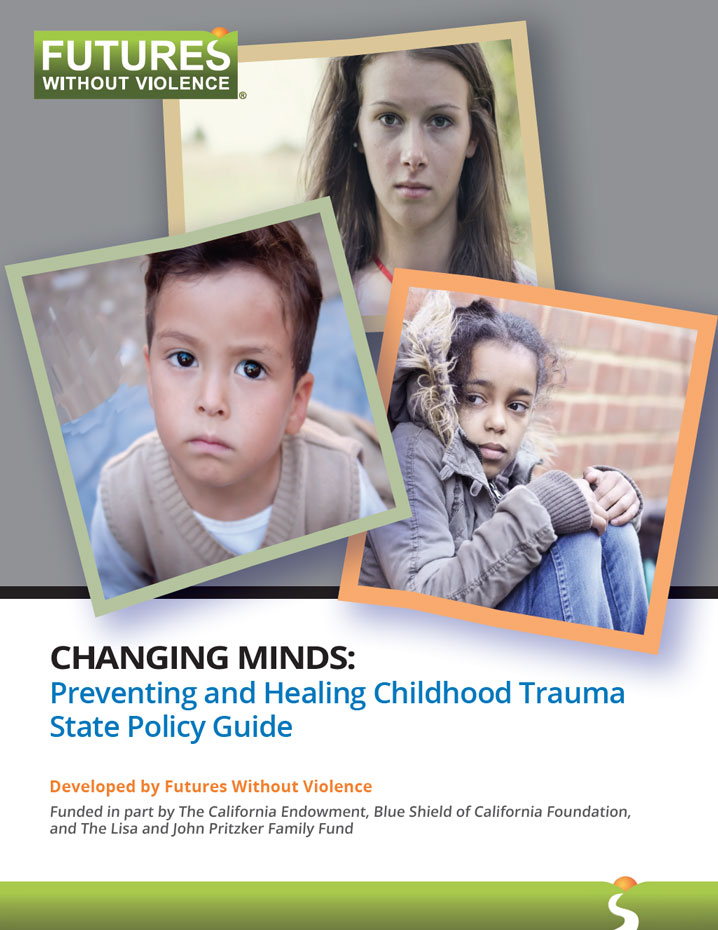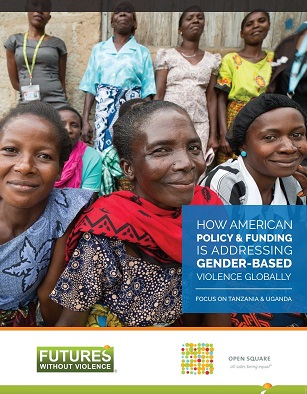Title: Domestic Violence in Apprenticeship and Pre-Apprenticeship Programs: Developing Effective Responses
Date: September 13, 2018
Time: 3:00pm – 4:00pm EST
Click here to view the webinar recording.
Click here to access a .txt file transcript of the webinar.
Click here to access a copy of the chatbox.
Click here to access the PPT.
Click here to access the webinar-related handouts.
Webinar Description:
This webinar will share data and examples to make the case that pre-apprenticeship programs, apprenticeship programs and employers should develop policies and protocols that address domestic violence and its effects on trainees and employees. Speakers will then share strategies, resources, and highlight promising practices to help programs and employers identify the best ways they can respond.
After the webinar, participants will be better able to:
- Recognize the incident of domestic violence and its effects on the individual pre/apprentice, co-students & colleagues, apprenticeship programs and contractors/employers.
- Explain the legal responsibility employers/contractors and apprenticeship programs have to provide a safe and equitable workplace.
- Describe how programs and employers/contractors can address the effects of domestic violence through model policies and practices, prevention and support strategies, and developing resources and partnerships
Presenters:
- Ariane Hegewisch, Program Director, Employment & Earnings, Institute for Women’s Policy Research
- Sarah Gonzalez Bocinski, Program Manager, Economic Justice and Workforce Initiatives, Futures Without Violence
- Tiffany Thompson, Director of Advocacy Programs, Oregon Tradeswomen Inc.
- Erika Yingling, Director, Domestic Violence Non-residential Services, YWCA of Greater Cincinnati
Questions? Please contact Eesha Bhave at ebhave@futureswithoutviolence.org.










